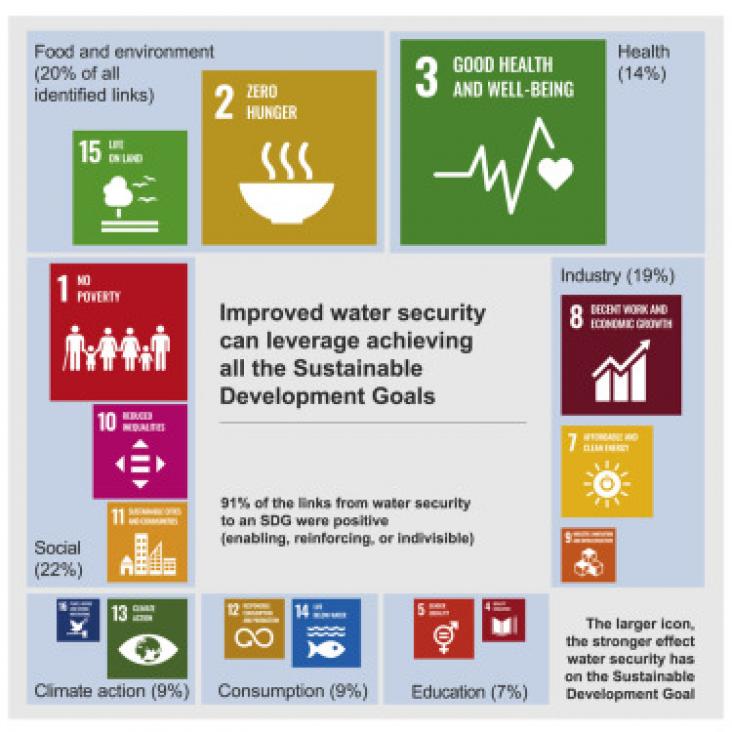A shift to a more healthy and sustainable diet (as recommended by the EAT Lancet Commission report) is currently hampered by persistent choices for meat, which are based on stable preferences and posi

There exist no future projections of fishery conflict that consider wider societal trends. This paper builds four future fishery conflict scenarios by using a multimethod approach.
The current COVID-19 pandemic represents an acute threat to the health of adults and children across the globe.
Healthcare professionals are exposed to several stress factors, especially during health emergency situations like Covid-19.
A Research Paper on food insecurity in the UK, in the context of SDGs 1, 2, and 3, focusing specifically on the association between the implementation of austerity policies in 2010 and the increase in foodbank use and food insecurity over the following decade.
Complementary Feeding (CF) involves an array of behaviors ranging from producing or purchasing food to preparing and feeding it to the child. Nutrition-specific and nutrition-sensitive interventions support different dimensions of improved CF, including dietary diversity, adequate frequency and daily intake, food hygiene, responsive feeding, and parenting practices. Beyond messages specific to what to feed young children, interventions to improve CF could address norms related to early child development; family dynamics; water, sanitation, and hygiene (WASH)

The food industry is responsible for significant impacts on the environment, such as climate change, water depletion and land use.

This article examines how improved water security affects the success of other SDGs, when all the goals are examined simultaneously.
In this special article, the authors call for nutrition scientists to collaborate with other sectors, disciplines, and experts to develop a more nuanced understanding of how specific shifts in food systems can have broad impacts on sustainability and to bring about food policy changes in the era of climate disruption and environmental degradation.
The project discussed in this paper addresses a key factor related to the management of Chronic Kidney Disease (CKD) and End-Stage Renal Disease (ESRD) by examining barriers to maintaining a therapeutic diet for Indigenous persons living in remote communities.
